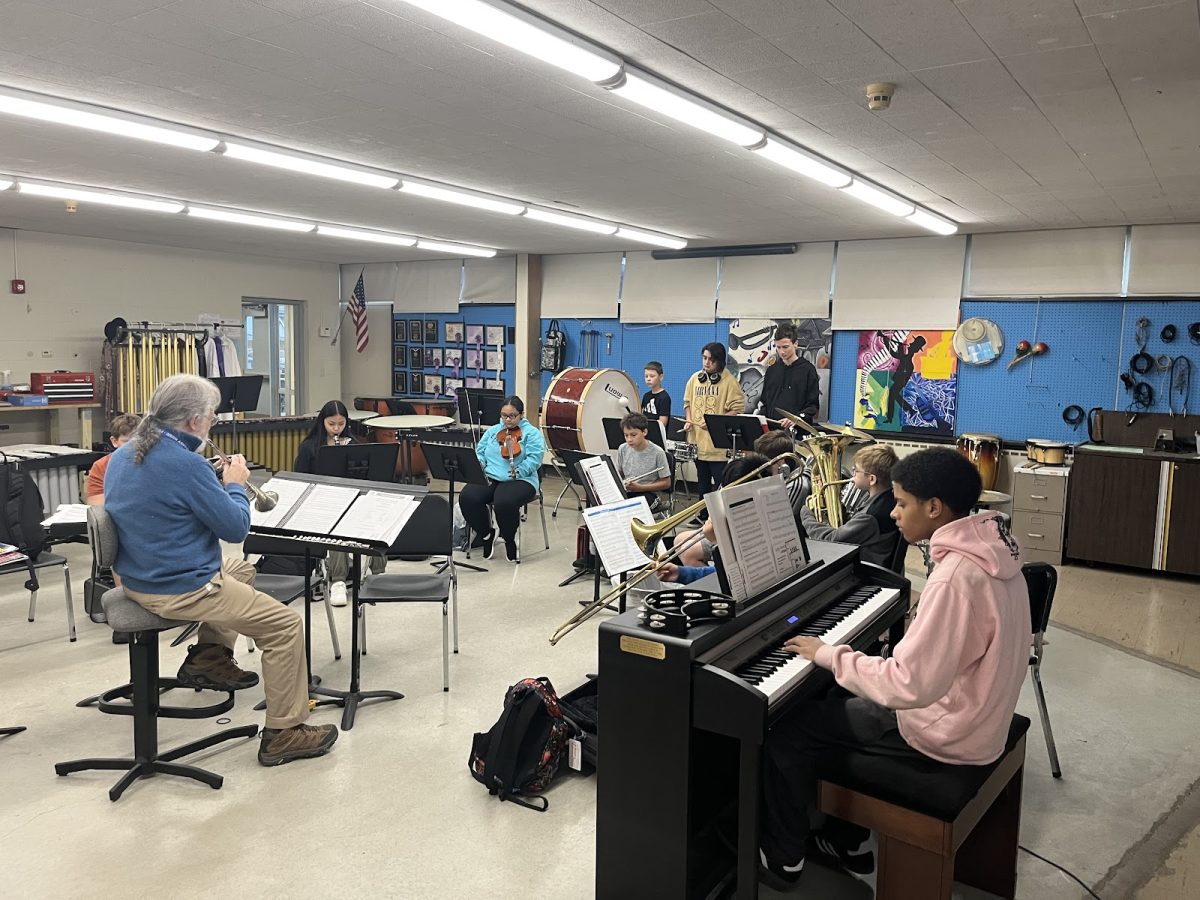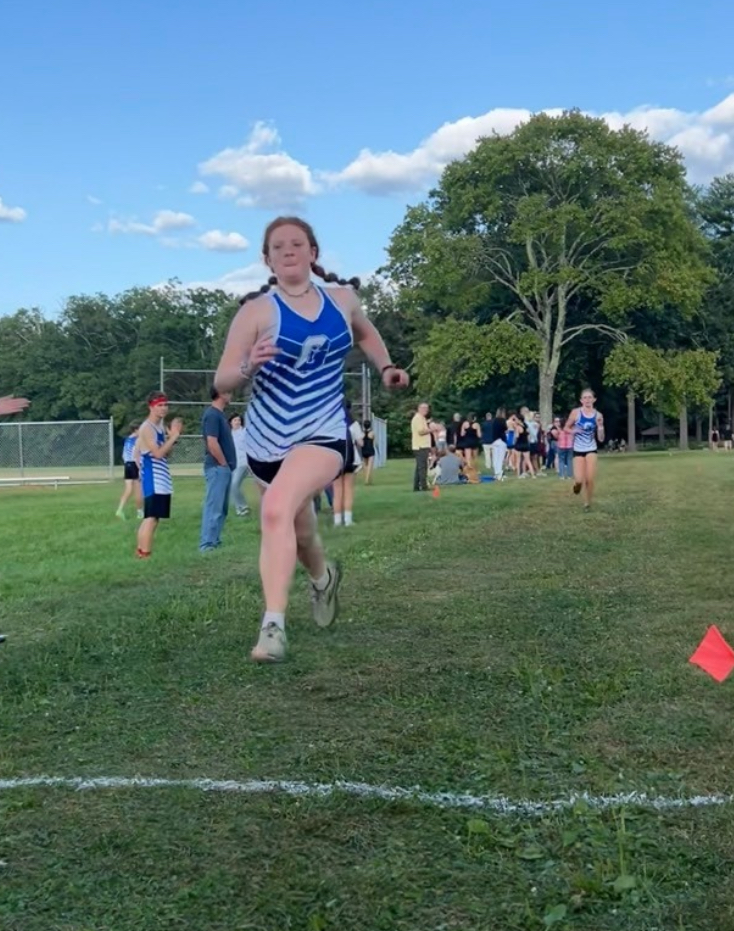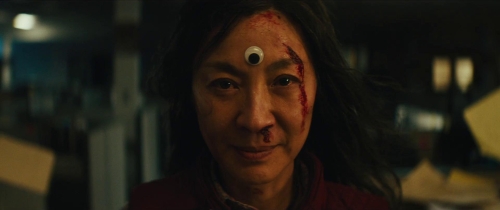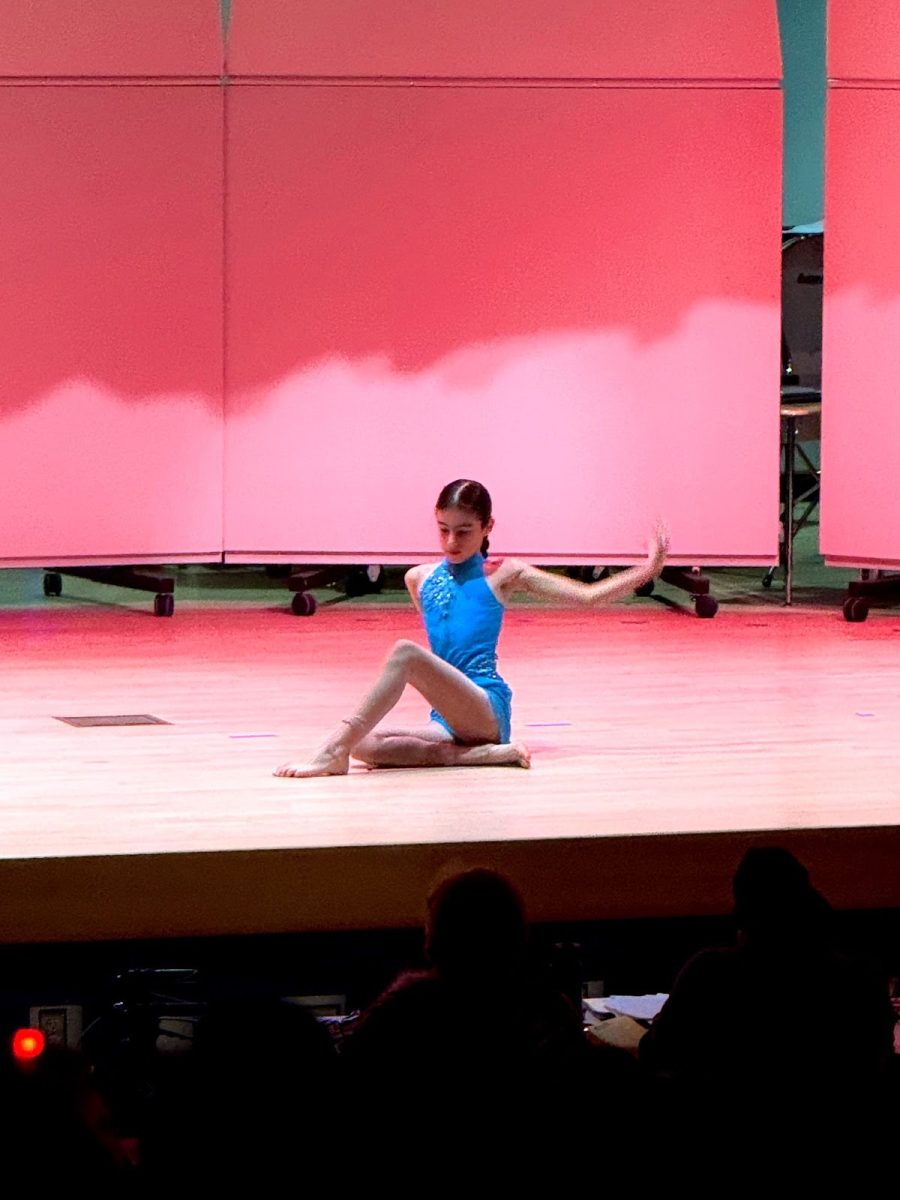Critical Thinking Reviews: Sophia Coppola Captures Teenage Girlhood
In the first of an ongoing series, Addison Priganano reviews Sophia Coppola’s “Virgin Suicides.”
The mysteries and sorrow of adolescence can be intensely hard to comprehend, even as a teen. Sofia Coppola’s film adaptation of The Virgin Suicides by Jeffrey Eugenides deliberately lays out those mysteries and leaves you questioning the minds of teenage girls. We are left with the death of all 5 Lisbon sisters, and meant to find the fateful moment where something went wrong. Our narrators are unnamed men looking back upon their adolescence while attempting to put themselves in the position of these sisters of misfortune. The film offers the themes of the permanence of loss, the liminality of adolescence, the American obsession with happiness, and the horror of the mundane. The Virgin Suicides gives you a glimpse of the mysteries held by adolescence.
The movie, directed by the astonishing Sophia Coppola, daughter of the Oscar winning director Francis Ford Coppola, gives her take on the novel written by Jeffrey Eugenides. The novel was Eugenides’ debut publication as an author, and was released in 1993. Eugenides’ inspiration came from his nephew’s teenage babysitter. The girl told Eugenides her and her sisters were planning to commit suicide together. The girl also stated that they were under a lot of pressure in their home. Eugenides focused on the mysteries that were left from their conversation and began to write one of the greatest fiction novels revolving around the lives and enigma of teenage girls.
Sofia’s work focuses mostly on the fine details of the plot, which ultimately makes the movie so unique and different from other coming of age movies. Sofia’s minimalistic work is perfect for The Virgin Suicides, the little images we are shown give the greatest importance. The story takes place in a quiet suburb somewhere in Michigan with a group of -now adult- men reflecting back on their time with the Lisbon sisters. The girls were angels through the boys eyes, they watched their every move with admiration. After the death of the sisters, the boys become lost. They wonder exactly what happened to the sisters, and why their death was so “sudden.” The men retell the story of the Lisbon sisters from their perspective. This is known as “the male gaze.” The male gaze depicts women more as sexual objects than human beings, which is ultimately what these neighborhood boys do to the sisters. The gaze within the movie also signifies the ignorance these boys showed with the death of the girls.
As the listener, we are outsiders. We see these moments that brought the girls to their death right in front of our eyes, though the boys are completely blind to it. The attempted suicide of one of the sisters, Cecilia (Hanna R. Hall), was the first offsetting moment we see from the sisters, though she survived, she would soon try again and succeed. The girls’ parents are control freaks trying to make sure their girls don’t follow anyone other than God. Like any other teenage girl, the girls just want freedom. They feel trapped, and quite literally, they are.
The set in which the movie is filmed is perfect. Every little piece is minimalistic but gives you just enough of what the girl’s life was. Clean and perfect. The only scenes where we see a mess of the home, are the moments where the girls are imprisoned in their house for months, showing the signs of how quickly their life was falling apart. The visuals used throughout capture each moment perfectly, along with the color scheme. While the boys imagine a life with the girls, and what they hope for them to be, there are a lot of vibrant colors. When we see the girls in their home though, we see just how dark everything is to them.
Watching this movie as a teenage girl is really scary because it seems as if your life is just being laid out right in front of you. While everyone’s experience during adolescence is completely different, this film just captures the emotions everyone feels, and it’s so easy for girls to relate to it. In my opinion, this is one of the best films about adolescence, because it isn’t one of the easiest things to capture and understand, but Sofia Coppola succeeded.

Addison Prignano is a senior at Granby Jr./Sr. High School. After graduation, she is planning to go to college to study International Relations and travel...




















